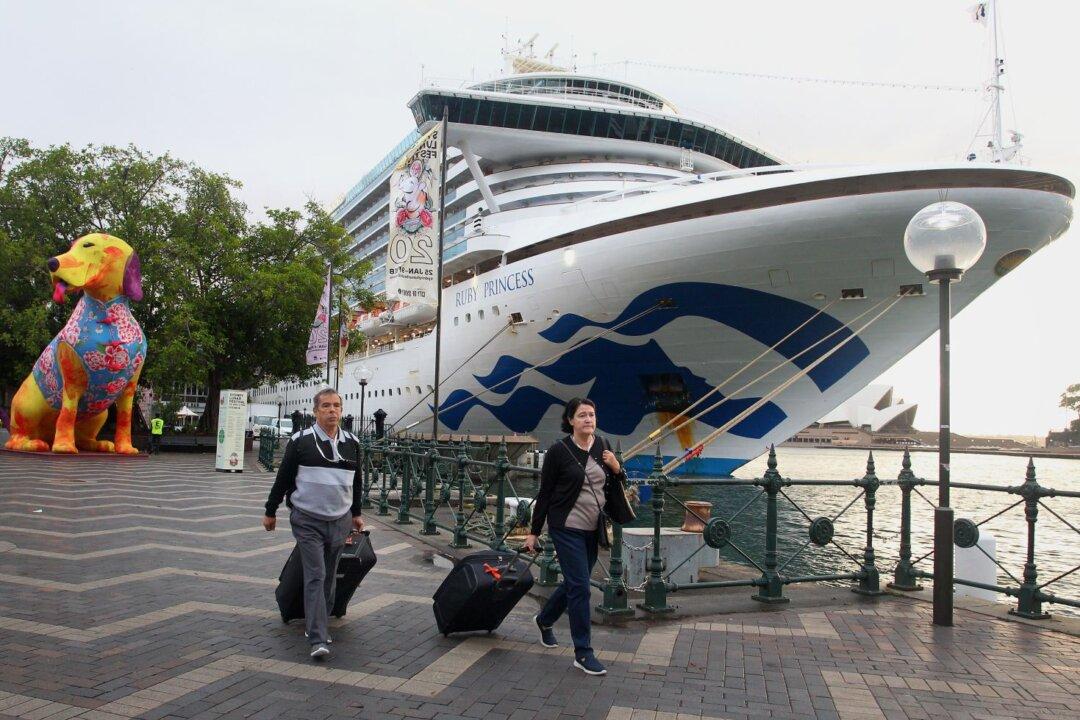Evidence from biosecurity officers would be part of a proposed federal-level investigation into the Ruby Princess cruise ship and its spread of COVID-19.
There is growing support for federal-level scrutiny of the Ruby Princess cruise ship debacle which let loose multiple cases of deadly COVID-19 in the community.





